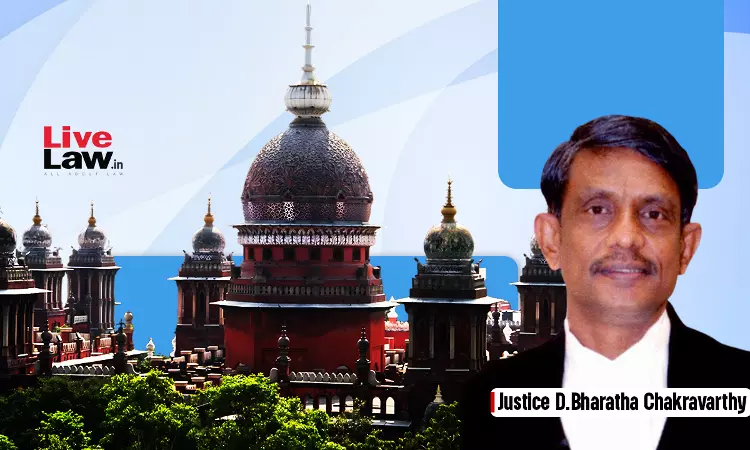Disciplinary Authority Must Record Reasons If Disagree With Enquiry Authority: Madras High Court
Namdev Singh
6 July 2024 1:00 PM IST

Next Story
6 July 2024 1:00 PM IST
A single judge bench of the Madras High Court, comprising Justice D. Bharatha Chakravarthy, while deciding a Writ Petition held that the disciplinary authority must record its reasons for disagreeing with the findings of the enquiry authority against an employee's dismissal. Background Facts The employee was issued a charge memorandum on 21.04.2017. He was accused of demanding...
